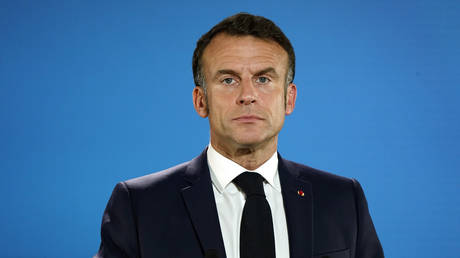HIDDEN DEBTS: under Rosario, companies collapsed
The former head of economic intelligence in the Mozambican security service (SISE), Antonio Carlos do Rosario, in addition to charges of embezzlement and money laundering, is accused of violating basic rules of management.
Rosario became chairperson of the board of all three fraudulent companies set up under Mozambique’s “hidden debts” scandal, Proindicus, Ematum (Mozambique Tuna Company) and MAM (Mozambique Asset Management), and with Rosario in charge they all soon became bankrupt.
On Monday, the fifth day of reading out his 1,388 page verdict on the case, judge Efigenio Baptista said Rosario’s mismanagement went back right to the viability studies for the three companies. These painted a picture of a bright future for the three companies, in which they would easily pay off their debts and become profitable enterprises.
But the studies “bore no relation to the real situation”, said Baptista, and the revenue the companies generated was derisory.
Proindicus was supposed to offer protection services to companies operating in the Mozambique Channel, notably oil and gas companies such as the Italian energy company, ENI, which operates natural gas fields off the coast of Cabo Delgado province. But no contracts were ever signed between Proindicus and any other companies, and so Proindicus never produced any income at all.
Ematum, it was said, would run a viable tuna fishing fleet – but the experts who gave evidence to the court said the company was never viable. The initial optimistic forecasts overlooked the high costs of insuring the fishing boats, and of refitting them when it turned out that they were unfit for conditions in the Indian Ocean.
The Mozambican maritime authorities denied the Ematum boats fishing licences until they had been refitted – and some of the boats were never refitted.
There were 24 fishing boats, all built at a shipyard in Cherbourg, France, owned by the Abu Dhabi based group, Privinvest. 21 were longliners and three were trawlers. The trawlers were intended to catch the squid that would be used as bait on the hooks on the long lines.
But the right species of squid do not exist in Mozambican waters. Hence, the bait had to be imported (from Latin America), and the three trawlers were never used.
The boats put to sea a few times, and, in all, their catches earned two million dollars and 500,000 meticais (about 7.800 US dollars, at the current exchange rate).
The third company, MAM, made one sale, which earned 25,000 dollars.
Yet these companies had obtained, from the banks Credit Suisse and VTB of Russia, loans of slightly more than two billion dollars – 850 million dollars for Ematum, 622 million for Proindicus, and 540 million for MAM. The Mozambican government of the day, under the then President Armando Guebuza, guaranteed the loans – so that when the companies collapsed, the Mozambican state became liable to repay the money.
Baptista said Rosario and his team made no attempt to check the prices charged by Privinvest against world market prices. As a result, Privinvest charged the three companies vastly inflated prices for the boats and other assets it supplied.
The Privinvest charge for one type of speedboat was 22 million dollars, but the market price for an equivalent vessel was five million dollars. An independent audit of the companies showed that Privinvest had over-invoiced them by more than 700 million dollars.
Against expert advice, Rosario changed the specifications for some of the boats, and swapped some of the two engine planes provided by Privinvest for single engine planes. In vain did Rosario point out that the boats he ordered were not suited to the waves of the Indian Ocean.
Baptista believed that the sole purpose of these changes was to increase the costs, thus providing more money from which bribes could be paid to Mozambican officials.
Rosario also refused to submit the contracts signed by the three companies to prior inspection by the Administrative Tribunal, the body responsible for checking the legality of public expenditure. Rosario sidelined the Tribunal on grounds of “national security”, but Baptista pointed out that the prior inspection of contracts is a normal procedure under Mozambican law.


















